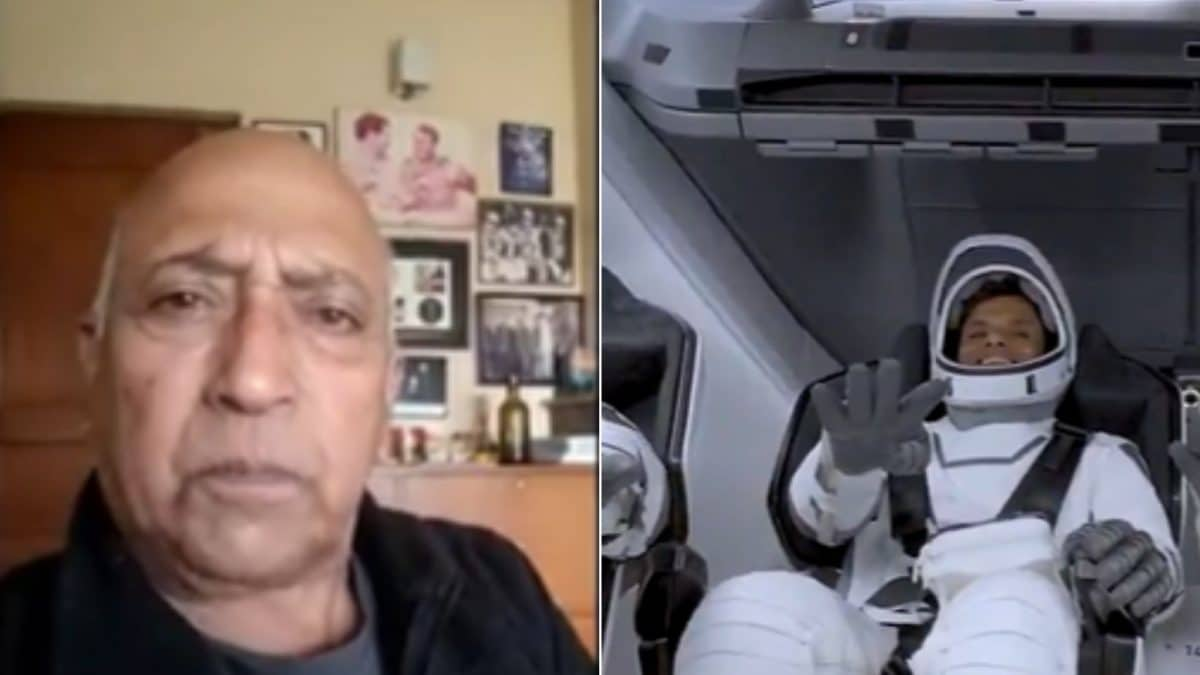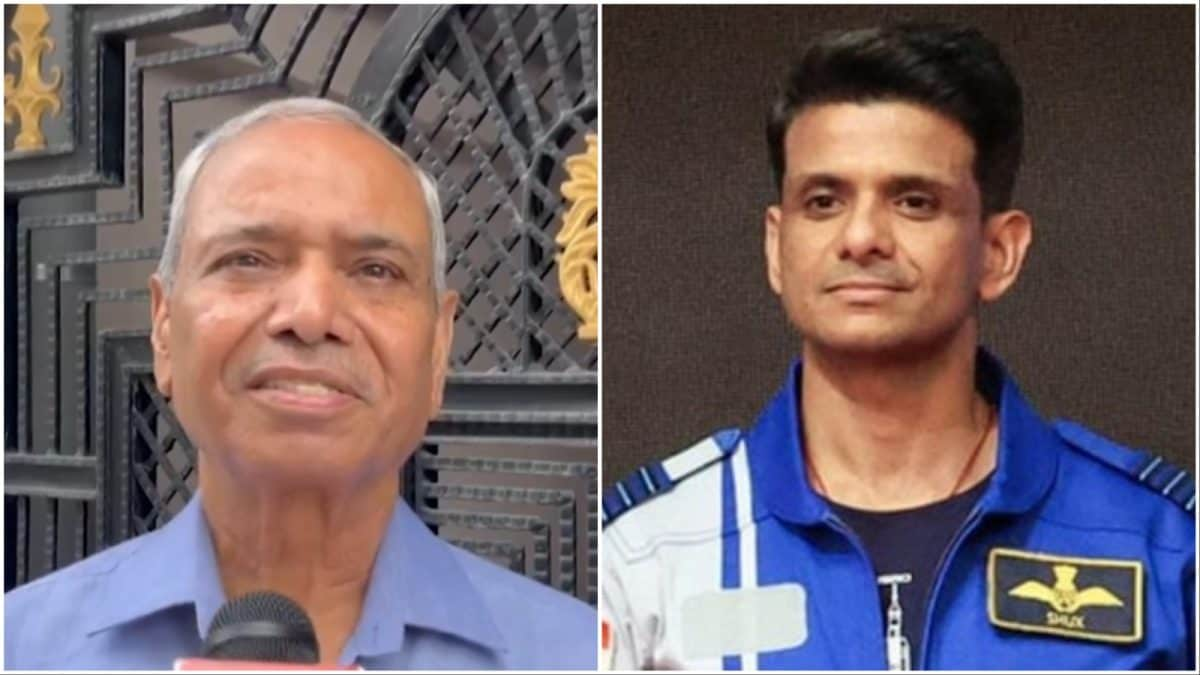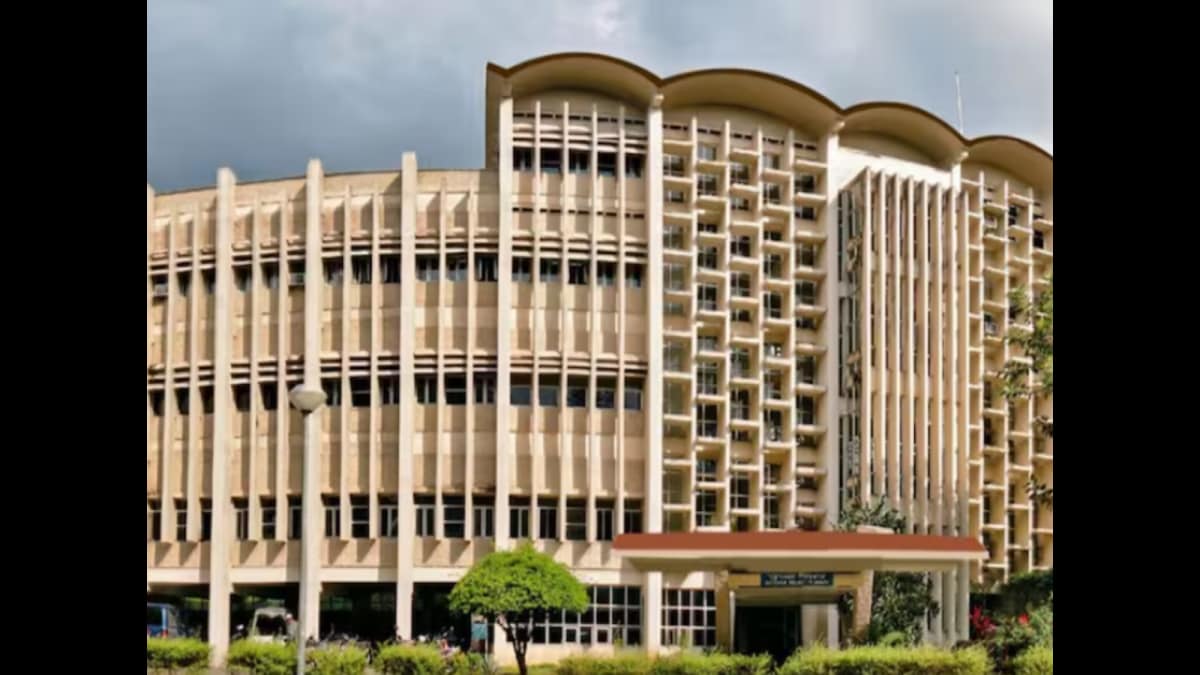Hours after the M. Karunanidhi-led DMK government was dismissed during the Emergency on January 31, 1976, police arrived at his Gopalapuram residence. They were looking for his 23-year-old son, M.K. Stalin — now the Chief Minister of Tamil Nadu. Mr. Stalin was in Maduranthakam at the time and returned the following day. Karunanidhi asked him to “be prepared.”
Mr. Stalin was soon arrested and lodged in the Madras Central Prison, where he spent several months in custody. He was released, along with other political prisoners, after the Emergency was lifted on March 21, 1977.
Deposing before the Justice M.M. Ismail Commission on July 20, 1977, Mr. Stalin said he and other detainees were beaten and harassed. “I was beaten, slapped, and kicked in the stomach,” he testified. He was later moved to a quarantine cell. According to The Hindu Archives, he said he was granted more freedom following a visit by the Deputy Inspector General (DIG) of Prisons — but did not complain about earlier abuses out of fear of reprisal.
Before a scheduled visit by an advocate, a circular was read out warning the prisoners not to speak about their treatment or discuss politics. Mr. Stalin recalled that his father visited him every week, and also during visits to see Murasoli Maran, a senior DMK leader and Karunanidhi’s nephew.
During Mr. Stalin’s deposition, the counsel for the jail staff denied the claim that seven inmates were ever held in a single cell or that kali (a ragi ball dish) was served. However, The Hindu’s July 21, 1977 report titled ‘Karunanidhi’s son says he was beaten up in jail’ notes: “Witness (Mr. Stalin) asserted that he was kept in cell custody all 24 hours, he did eat ‘kali’, and there were seven inmates in his cell.”

The cell at the erstwhile Madras Central Prison, where Chief Minister M.K. Stalin was detained under the Maintenance of Internal Security Act during Emergency. | Photo Credit: M. VEDHAN
Mr. Stalin also acknowledged that the Jail Superintendent, K. Vidyasagar, allowed him to prepare for and take his B.A. exams in April 1976 — an exception in a prison where Vidyasagar was otherwise accused of high-handedness by political detainees. There were reports that some political detainees in other blocks were released after resigning from the DMK. Mr. Stalin, however, told the Justice M.M. Ismail Commission on July 20, 1977, that he had not been pressured to resign nor did he submit any resignation.
However, another detenu, N.V.N. Selvam (son of former Minister N.V. Natarajan) said “ill-health” was not the only reason that prompted him to resign from the DMK. He was also afraid of the brutal acts that might be unleashed on him if he failed to do so. Likewise, party senior leader Arcot N. Veeraswami had deposed saying that following the offer of resignation letters by some, the Jail Superintendent told him it would be advisable for the others to follow suit “as the DMK had been wiped out”. Vidyasagar also told another detenu that failure to do so might result in their transfer to jails in north India.
The counsel for the jail staff argued that the alleged incidents had been “unduly magnified” by DMK sympathisers. He claimed that the detainees refused to return to their cells voluntarily and “minimum force” was used to move them under orders from senior officers.
During his deposition, Vidyasagar claimed that the charges were politically motivated. “After seeing the news of brutality in north India, political parties might have thought that if similar reports about Madras were put out, they would bet [fetch] votes,” he told the Commission.



.png)
.png)
.png)
















 6 hours ago
6
6 hours ago
6









 English (US) ·
English (US) ·